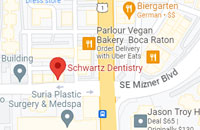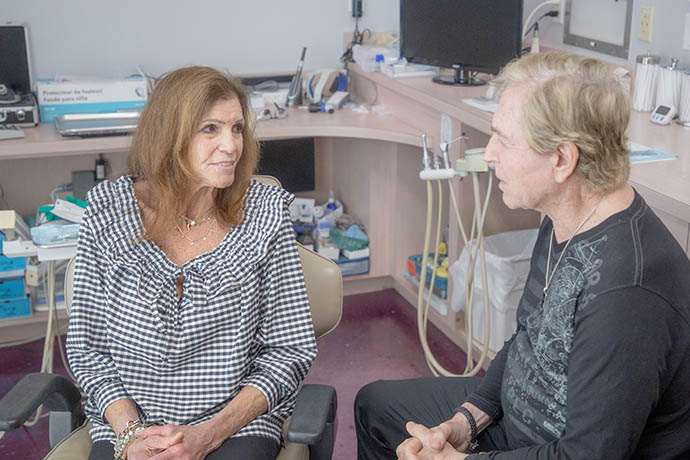Doctor Wolf Schwartz Talks about Dental Implants
If you have missing teeth, there are many ways you can treat them depending on the condition. If you can say the teeth are pulsive, not, then there are implants. There are many benefits for implants. Number one, if you extract the tooth, the bone starts dissolving away and then you have massive gaps which are very difficult to treat. Put an implant in, it stabilizes the bone. Number two, you can then function properly in it. You don’t have to wear dentures and the main thing for implants is replacement of dentures. So if that’s the kind of thing that people don’t hate, that they don’t want to take out of their mouth, implants are very stable and they have a very high success rate of 98%.



